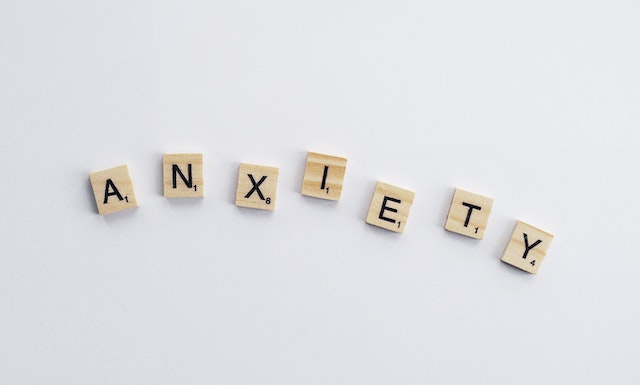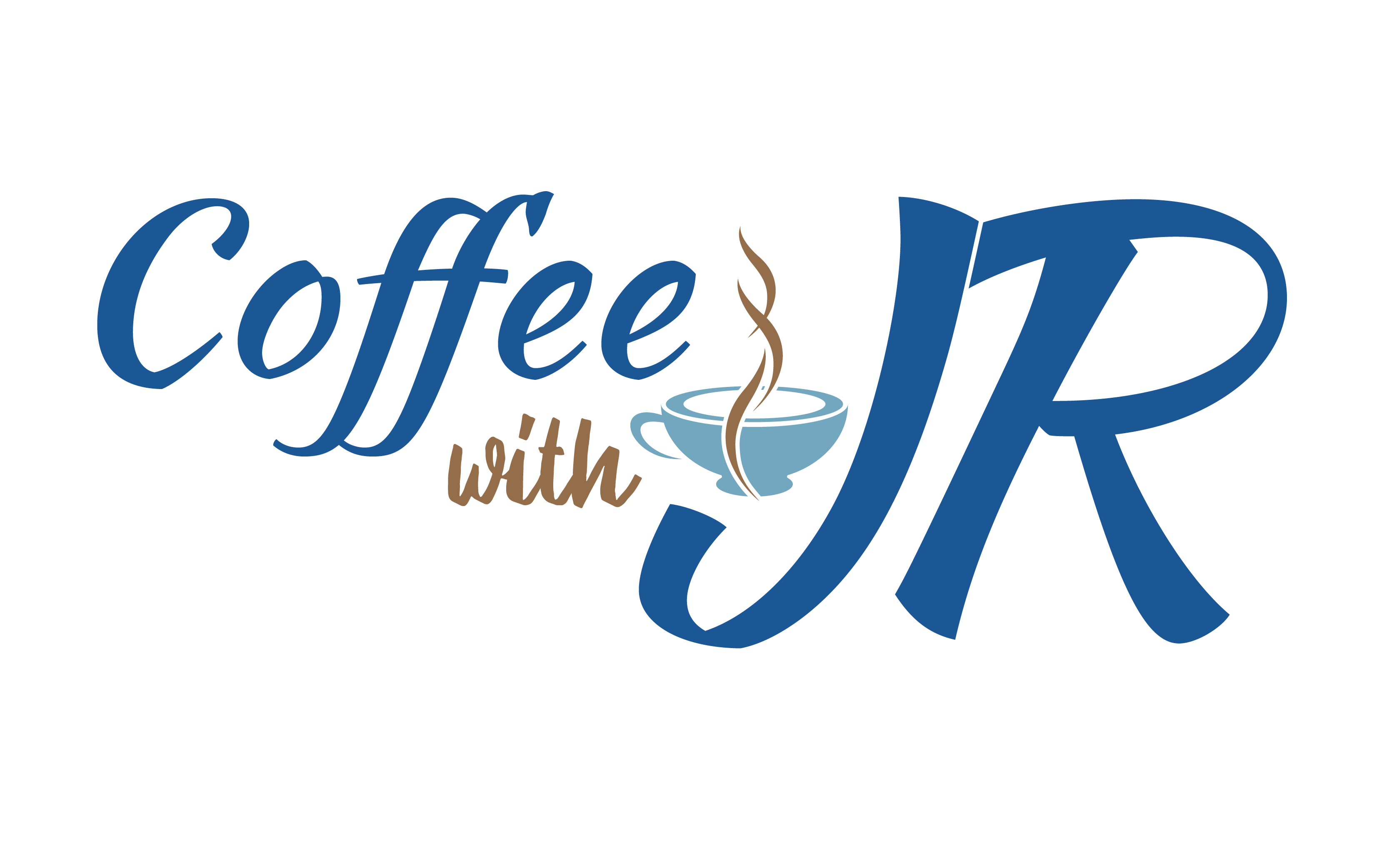
Why, Anxiety?
When I was working with my therapist, we were tackling my depression most of the time. After nine years of healing from depression, I’m feeling pretty good about balancing my life and managing my depression. For the longest time, I thought I didn’t have an anxiety disorder. As it turns out I’ve been experiencing anxiety since I was a teenager. Only recently did I realize that my anxiety was masked by my depression. Once the veil of depression was lifted, bam! There was my anxiety, chilling and waiting to strike.
According to the Mayo Clinic, “people with anxiety disorders frequently have intense, excessive and persistent worry and fear about everyday situations… These feelings of anxiety and panic interfere with daily activities, are difficult to control, are out of proportion to the actual danger, and can last a long time.”[i] Also, more often, when individuals experience a specific mental health challenge, they often have symptoms of another mental health issue. This is called comorbidity. For example, it is estimated that 60% of those with anxiety will also have symptoms of depression, and the numbers are similar for those with depression also experiencing anxiety.[ii]
I’ve always been very anxious about my future since I was a teenager. A huge cause of my anxiety derived from the 27 years of a traumatic battle I had with immigration. For 27 years, the uncertainty of my future loomed over my head constantly. I wouldn’t know if my new visa application would get approved or not, if I would get to stay in the US longer, or if I needed to pack up and leave if USICS found out my old visa was relapsed without proper renewal and decide to deport me, or if I could have a future life in the US or go back to a country that I barely knew.
What this meant is that I didn’t know what would happen to me next month or next year. I was afraid to plan for my future for fear that I would get my hopes up and be disappointed. Even now, I can still feel this lingering feeling of uncertainty clouding over my head. From this long history of an unpredictable future, I was constantly living in fear, agony, and stress. Since I didn’t know how to verbalize and channel these negative feelings, it morphed into a constant state of depression.
I’ve been over-compensating for this anxiety by developing a mechanism of high alertness in my life and the need to mentally and emotionally prepare for the worst case scenario. This translates into always needing to have a plan for my future, my week, and my day. For the longest time, I thought I was just a good planner that has a healthy structured lifestyle and daily routines. It turns out that I’m just a very anxious person that has been plagued by an anxiety disorder.
The impact of this is that I can’t just chill and be a couch potato even just for an afternoon or take a full day off during the weekend. I always have this feeling of urgency that I need to do something and work toward achieving my goals and dream. I always envy my friends that can sit around a campsite in the woods and simply chill and not do anything. This would be my worst nightmare. I would feel so impatient, anxious, and antsy.

What is really hiding beneath my anxiety is a sense of urgency from the lost time. Again, due to the 27 years’ battle with immigration, I’ve had this perturbed inner perception and feeling that I’ve had a late start in my life. I’m at least ten years behind “average” people when it comes to professional and financial development and career. I missed out on a lot due to immigration. I wasn’t able to travel internationally, I wasn’t able to have a stable career, I wasn’t able to save up for my retirement and invest, etc. Thus, I can no longer afford to waste my life anymore and I feel the need to work extra hard to catch up. This overworking gives me a sense of security in my life and for my future, and temporarily blocks off and calms my anxiety down.
As I’ve been observing my anxiety, I’ve become more aware of this unhealthy mentality and fear. So, slowly, I have been working on healing myself from anxiety. Below are some of the methods and inner healing that I have been practicing.
First, I’ve been carefully and softly engaging with my own anxiety. Instead of trying to compensate for my anxiousness with the desire to overwork or suppress this uncomfortable feeling, I’m allowing myself to be with my anxiety by simply feeling it and further understanding it. The way I’ve been doing this is to take a walk in a park and sit on the grass. When the sensation of panic and worry bubbles up in my body, I take a deep breath, tell myself “it’s ok,” and observe these feelings like I am watching a documentary movie.
Second, the more I am able to sit with my anxious feelings, the more understanding I have about the cause and effect of my anxiety. For me, this is a huge first step in managing and healing myself. From here, I keep telling myself it’s ok to feel this way AND it’s ok to sit here at a beautiful park and chill. This whole process is a way for me to slowly unlearn my old emotional habits that have been driven by my anxiety, rewiring and re-educating myself with positivity and self-love.
Third, I fight fire with fire by taking advantage of my anxiety. Yes, the voice saying, “I’ve lost too much time and opportunities due to immigration and I need to work harder” is still ringing in my head constantly. So, I’ve been consciously re-educating and telling myself this is more of the reason that I need to take the time to enjoy my life and try the things that I’ve missed out on. Using the planning skills that I’ve developed due to my anxiety, now I’m using this same skill to plan and budget out fun and relaxation time.
Fourth, baby steps. I practice steps one to three in small increments. For over a decade, I rarely ever took a whole day off or a whole weekend off from work except when I was traveling abroad. So, instead of forcing myself to take a whole weekend off, in which I definitely would get a huge pushback and backlash from my trauma, I just take a whole afternoon off on a Saturday to enjoy life. Or, instead of working every single weeknight, I take an evening/night off to watch a movie or go out to dinner with my friends.
In conclusion, anxiety disorder is real and can be very unpleasant. A lot of our current actions, behaviors, mental states, and emotions are the results of past trauma. For the longest time, I was hiding my anxiety behind my depression and my pride in being a responsible, career-driven, hardworking, goal-oriented, and over-productive person. And, I’ve started seeing how my anxiety is too unhealthy for my physical, emotional, and mental health. Healing from anxiety from past trauma takes time and courage. And I’m committed to this process because there is always hope, and recovery is very possible.
The methods/tools that I mentioned above are purely based on the mental health tools that I have learned and my experience from my recovery journey. Please let me know if you have similar experiences with anxiety and how you have been managing it. I would love to chat with you.
Title Photo by Suzy Hazelwood.
In Text Photo Unknown

Recent Comments